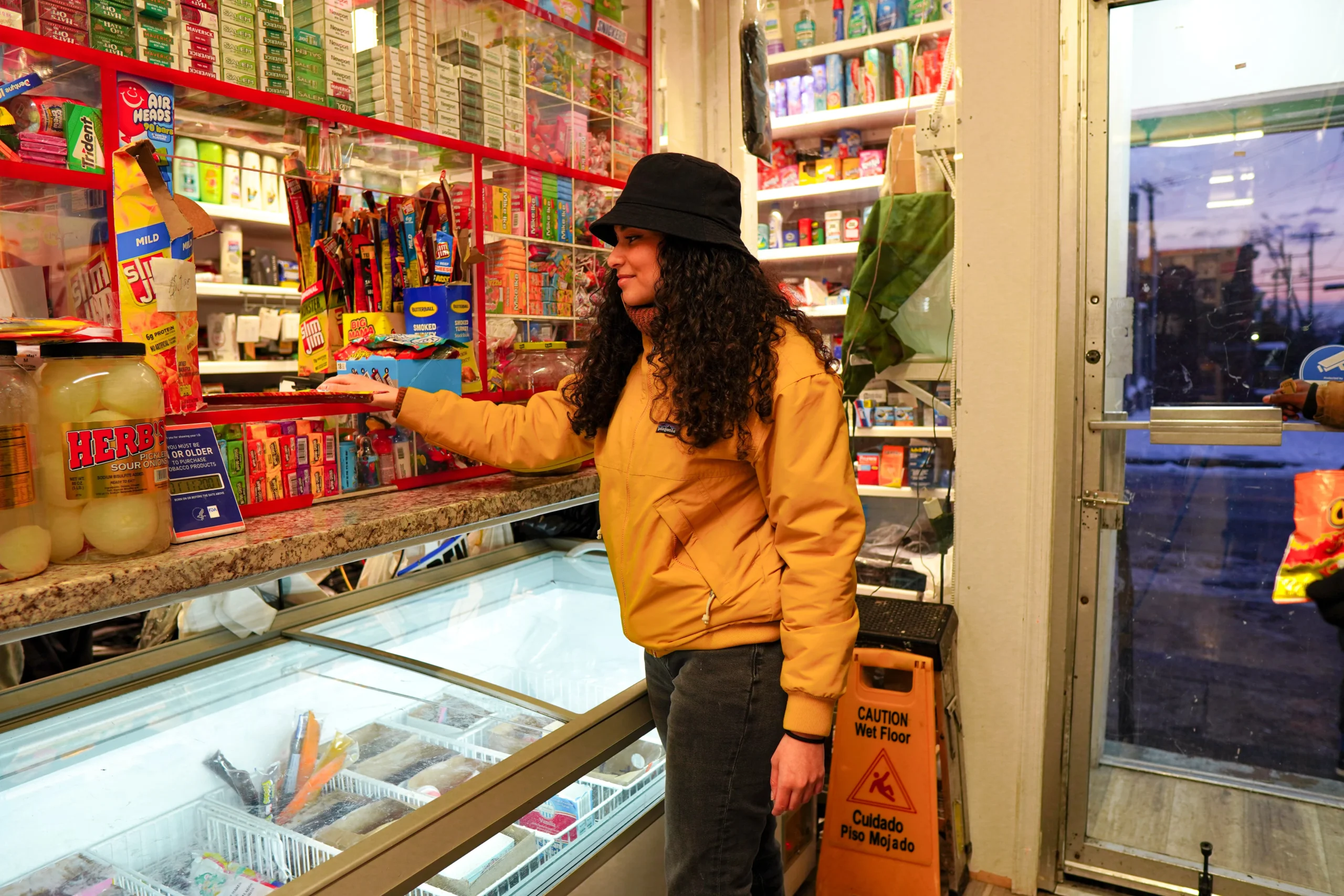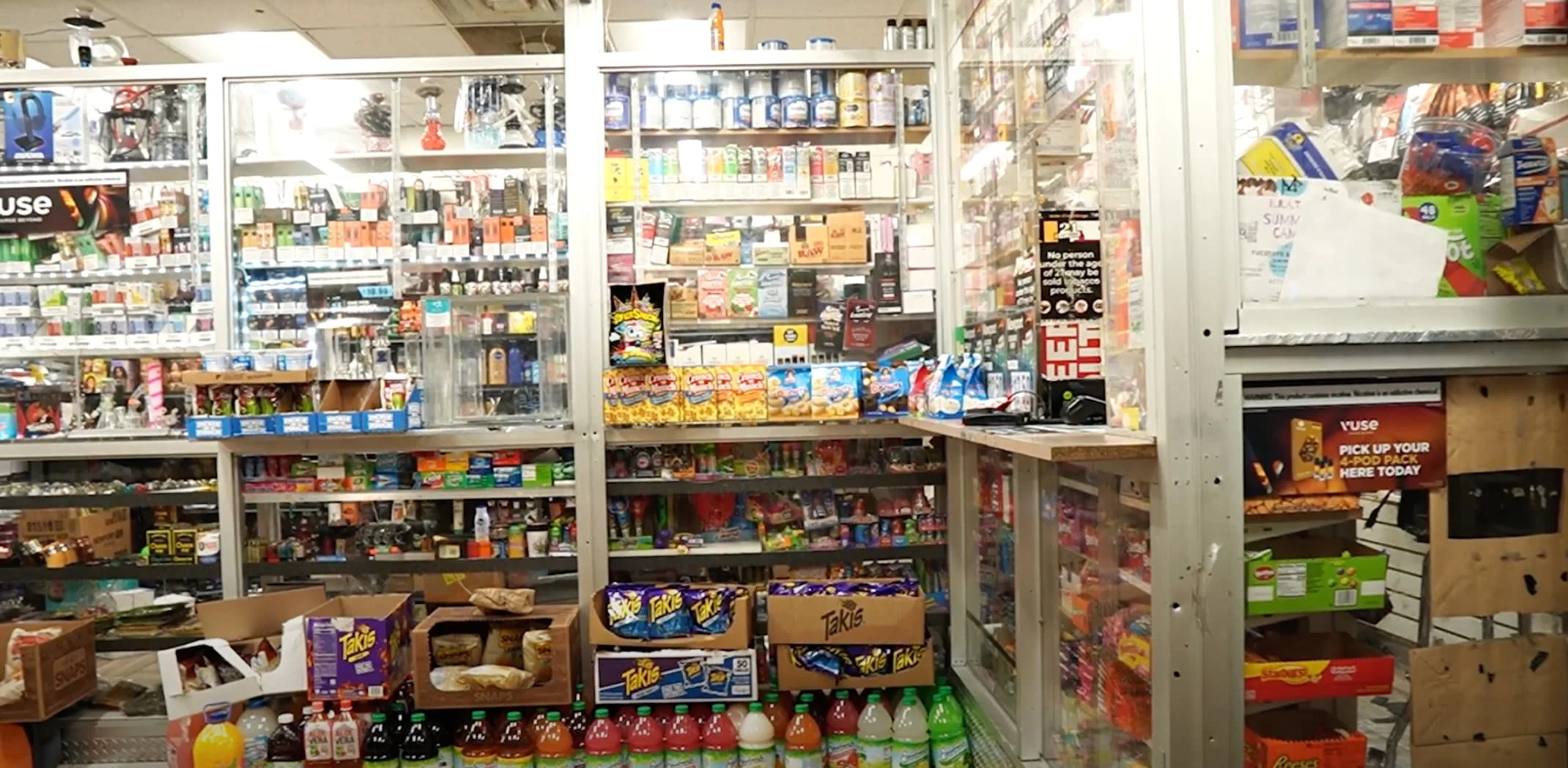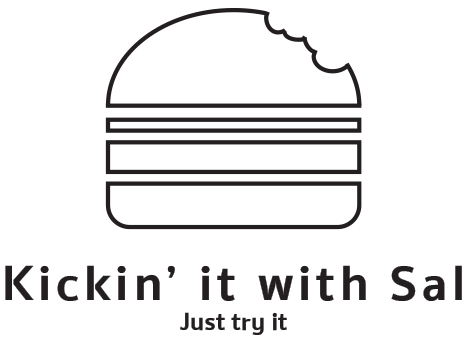Venturing into the neighborhoods of Baltimore close to where “The Wire” was filmed offers a stark visual of what food deserts look like in America. Imagine living in an area where access to fresh fruits and vegetables is hard to find – that’s the harsh reality of a food desert. Baltimore is not alone; 11% of Washington DC’s land area is also classified as a food desert.
But why aren’t grocery stores opening up in these areas, and what solutions are available? We aim to address these questions and shed light on efforts to transform one part of Ward 7 in DC into a distribution site. Initially, a Walmart was planned in the area, but the project fell through.

The Food Empowerment Project defines food deserts as, “geographic areas where residents’ access to affordable, healthy food options (especially fresh fruits and vegetables) is restricted or nonexistent due to the absence of grocery stores within convenient traveling distance.”
Baltimore is a city of contrasts, boasting vibrant neighborhoods, yet a few blocks away, entire areas remain vacant. While the city may have a reputation, much of its positive aspects often go unnoticed. Currently driving through Fells Point, one of Baltimore’s nicer neighborhoods, one can’t ignore the proximity to areas where “The Wire” was filmed – a mere 10-15 minute drive. It was filmed in West Baltimore which is known for a lot of violence and other drug-related crime.
In this short distance, the absence of grocery stores becomes apparent. Depending where you are in West Baltimore the nearest grocery store is about 1-2 miles away, a seemingly short distance for those with cars but a significant hurdle for those without, especially in harsh weather conditions. West Baltimore, in particular, showcases corner stores protected by plexiglass, highlighting safety concerns. Although these stores predominantly stock junk food, they still cater to the community’s basic needs.

Save A Lot stands as one of the few grocery stores in West Baltimore. While it offers processed foods and a good selection of fresh produce, the challenge lies in transporting heavy bags of fresh fruits or veggies on public transit.
Despite these challenges, individuals are striving to improve Baltimore. A visit to M&R Grocery in East Baltimore, managed by Carlos, emphasizes how corner stores become essential for obtaining basic necessities quickly. Conversations with regular customers reveal their struggles with the lack of quality grocery stores. Check out the video for the conversation.
Opening grocery stores in high-crime areas presents challenges, impacting profits in a capitalist society. Convincing corporations to invest in these areas proves difficult. Some leaders in the US propose city-owned grocery stores as a solution, yet implementation is pending.
Washington DC, particularly in wards seven and eight, faces similar challenges with food deserts. As we navigate through these urban landscapes, it becomes clear that addressing food deserts requires a multi-faceted approach, encompassing community involvement, corporate responsibility, and innovative solutions to ensure equitable access to nutritious food.
Devin Turner, a compassionate pastor from Revolutionize DC, is spearheading the creation of the Lighthouse Community Center, a beacon of hope aimed at addressing the challenging realities of food apartheid and food deserts in Washington, DC. In a collaboration with Amazon, they are working to create a distribution center to distribute essential food items to communities, completely free of charge.
Check out the youtube video linked on this article to hear more about Devin Turner’s message.
In sharing the community’s struggles with food deserts, Pastor Turner revealed that a planned Walmart, which could have alleviated some of the challenges, withdrew due to concerns about theft. This setback left local residents grappling with the inconvenience of having to travel to Maryland or neighboring communities to secure their basic food needs. Many are forced to rely on local convenience stores and liquor shops for quick sustenance.
Highlighting the difficulty, Pastor Turner recounted a time when the only local grocery store, Safeway, increased prices, impacting those using food stamps for payment. This placed an additional burden on a community already facing economic challenges. He stressed the importance of delving into the root causes of theft, emphasizing the need to find solutions that address the underlying issues.
Through the Lighthouse Community Center, Devin Turner exemplifies a dedication to creating positive change, offering a beacon of hope for those facing food disparities. The collaboration with Amazon underscores the power of community partnerships, working together to ensure that no one is left hungry or underserved. In the face of setbacks, Pastor Turner’s commitment to understanding and addressing the challenges within the community demonstrates a genuine desire to uplift and empower those in need.
If you are interested in more food industry news and food marketing, I suggest you check out the Food News page!

